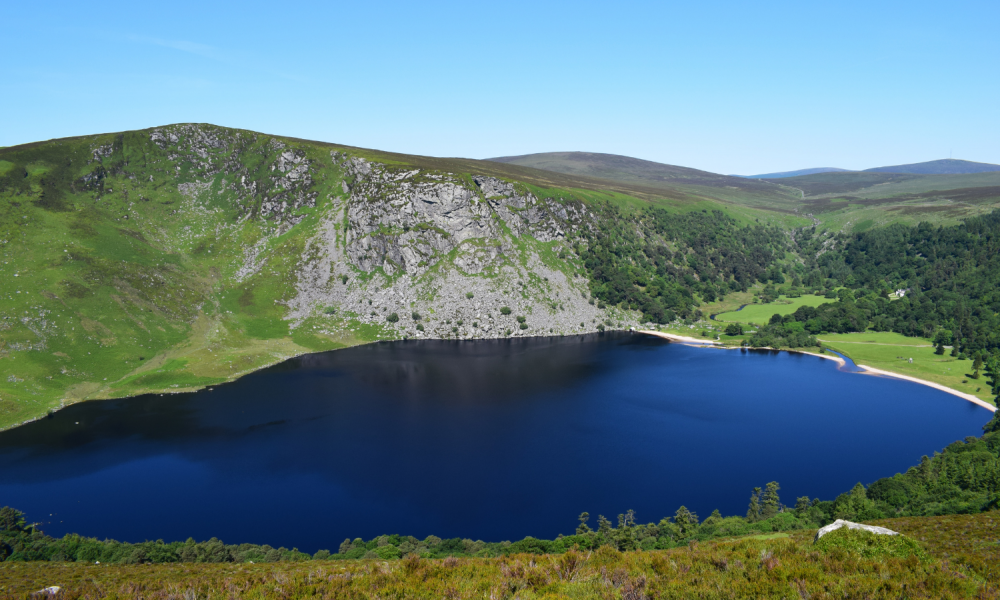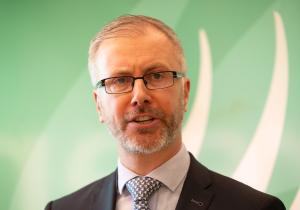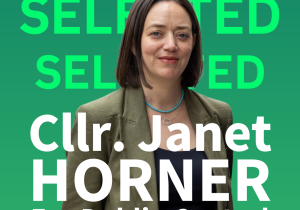Minister Noonan reaffirms Ireland’s commitment to ambitious Global Biodiversity Framework at UN Biodiversity Conference

The first phase of the long-awaited UN Biodiversity Conference, COP15, got underway on Monday (11th October) in Kunming, China. Early this morning, Ministers with responsibility for nature and biodiversity, including Green Party Minister of State for Heritage, Malcolm Noonan TD, took part in a virtual High Level Segment where he reaffirmed Ireland’s commitment to an ambitious post-2020 Global Biodiversity Framework.
“Reversing biodiversity loss is among the greatest challenges of our times,” said Minister Noonan, speaking at the virtual High Level Summit early on Wednesday morning. “Ireland is committed to working together with its international partners to realise an ambitious post-2020 Global Biodiversity Framework that achieves real transformative change.”
Minister Noonan echoed the EU27’s support for the Kunming Declaration, which is expected to be adopted by the Parties to the Convention on Wednesday 13th October. The Kunming Declaration, titled ‘Ecological Civilisation: Building a Shared Future for All Life on Earth’, will set out the political commitment to putting nature and biodiversity on a path to recovery.
Minister Noonan used his speech to commit Ireland to ratifying and implementing the Nagoya Protocol – a key element of a Just Transition that ensures fairness and transparency for local and indigenous communities in terms of access to genetic resources and sharing of the benefits arising from their use. He also confirmed that his Department will work with stakeholders, across government, academia and the private sector to raise awareness of the Protocol, its mechanisms, principles and obligations.
“While there is a clear ecological imperative to the Nagoya Protocol, there is also an ethical and moral imperative,” he said. “Local and indigenous communities safeguard so much valuable knowledge and expertise that must be considered appropriately in our global efforts to address the biodiversity crisis. Often facing existential threats to their way of life and to their homes, these communities nonetheless are standing up for nature. In doing so, they are representing all of us who hope for a better future for the natural world and for the coming generations who rely on us, who must grasp the opportunity to safeguard their place in it.”



